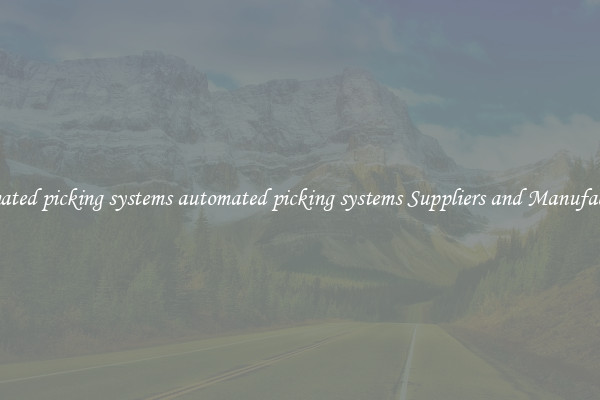Automated and Technologically Advanced Wholesale speaking opener
Automated and Technologically Advanced Wholesale: Revolutionizing the Industry

The wholesale industry has always been a vital part of the global economy, connecting manufacturers and retailers and allowing for the efficient distribution of goods on a large scale. However, with advancements in technology and the rise of automation, wholesale operations are now undergoing a dramatic transformation. Automated and technologically advanced wholesale has emerged as a game-changer in the industry, revolutionizing the way businesses operate and changing the very nature of wholesale trade.
One of the key advantages of automated wholesale is its ability to streamline operations and improve efficiency. With the automation of tasks such as inventory management, order processing, and logistics, businesses can now operate with greater speed and accuracy. This not only saves time and reduces costs but also frees up resources for more strategic activities. Manufacturers can produce goods more efficiently, while retailers can restock their inventories faster, ensuring uninterrupted supply to meet consumer demands.
Furthermore, automated wholesale has led to the development of sophisticated data analytics tools that provide businesses with unprecedented insights into their operations. By leveraging the power of artificial intelligence and machine learning, wholesalers can now analyze vast amounts of data to make more informed decisions. This includes identifying sales trends, forecasting demand, optimizing pricing, and improving overall customer experience. The ability to make data-driven decisions enables wholesalers to stay ahead of the competition and adapt rapidly to changing market conditions.
In addition to efficiency and data analytics, automation has also revolutionized the supply chain in the wholesale industry. The emergence of technologies such as Internet of Things (IoT) and blockchain has enabled businesses to create a seamless and transparent supply chain ecosystem. IoT sensors and devices can track and monitor inventory throughout the entire distribution process, ensuring real-time visibility. This not only improves inventory management but also reduces the risk of stockouts or overstocking. Blockchain technology, on the other hand, provides a secure and immutable record of transactions, enhancing trust and eliminating intermediaries.
Although automated wholesale offers numerous benefits, it is important to acknowledge the challenges that come with its implementation. Businesses need to invest in the necessary infrastructure, resources, and training to adopt and integrate automation technologies successfully. There may also be concerns about job displacement, as certain tasks previously performed by humans are now being automated. However, it is important to recognize that automation does not replace jobs; rather, it transforms them. It allows individuals to focus on more value-added tasks, such as strategic decision-making and customer service.
In conclusion, automated and technologically advanced wholesale is revolutionizing the industry. It offers improved efficiency, sophisticated data analytics, and a seamless supply chain ecosystem. While challenges exist, the benefits of automation far outweigh them. Wholesale businesses that embrace automation will be well-positioned to thrive in the rapidly evolving business landscape.

View details

View details

View details

View details








